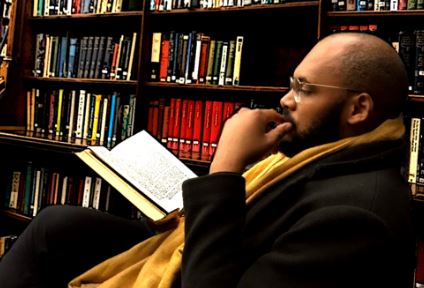
Microlending versus payroll lending – Kavari considers policy options for better access to credit

Namibian researcher, Suta Kavari, based at the University of Oxford in the United Kingdom, has just released a comprehensive study on the recent history of local credit expansion and the effect it has to widen the economic base, and to give households who are typically excluded from conventional credit, an avenue to productive credit.
Titled “Expanding access to credit – Namibia’s experience with microlending and payroll deductions,” Kavari critically discusses a range of variables when household credit is analysed. He also includes comparative studies from Brazil, based on that country’s liberalisation of credit for the bottom rungs of the income scale, using payroll deductions as a means to distribute risk and to collateralise current borrowing against future income.
“Between June 2019 and February 2020, I conducted research exploring access to credit in Namibia. Specifically, I looked at the role of microlending and payroll deductions in expanding access to credit and unlocking the productive capacity of people who had limited access to financial services. Although the research covers the period prior to COVID-19, much of the analyses and findings are particularly salient given the economic devastation of COVID-19,” Kavari stated.
“Expanding access to credit” was supported by NAMFISA, the Bank of Namibia and the Payment Association from a research perspective. Financially, it was sponsored in part by Avril Pament Solutions. Finally, it was independently reviewed by Martin Mendelsohn and Ruusa Nandago.
Some of the more revealing findings include the conclusion that improved access to credit is a double-edged sword, unlocking value for many households but potentially drawing them into a debt trap through excessive indebtedness.
“The study analysed how policy and regulatory considerations for financial inclusion led to the increase in the demand for credit extended to households. The study looked specifically at the focus placed on improving financial literacy and access to credit as key determinants in Namibia’s financial sector development strategies aimed at financial inclusion. From a financial market development perspective, financial inclusion through increased access to credit is a critical component of macro-economic stability and ensuring a fair distribution of financial assets,” Kavari explained.
He also found that microlending played a disproportionately large role in credit expansion, to such an extent that legislation had to be introduced to curb predatory lending practices.
Arguing the case for payroll deductions as a controlled means of facilitating access to credit, Kavari found that payroll deductions contribute to the process of capital accumulation, helps households to improve their financial management, and mitigate risks over a much larger pool of borrowers.
“Understanding the socio- and macro-economic stresses that Namibian households are facing as a result of access to credit, and their temporal dynamics is important in ensuring that policy intervention and recourse adequately and equitably contribute to the easing of those pressures,” Kavari concluded.
Click here to download the full report.










































